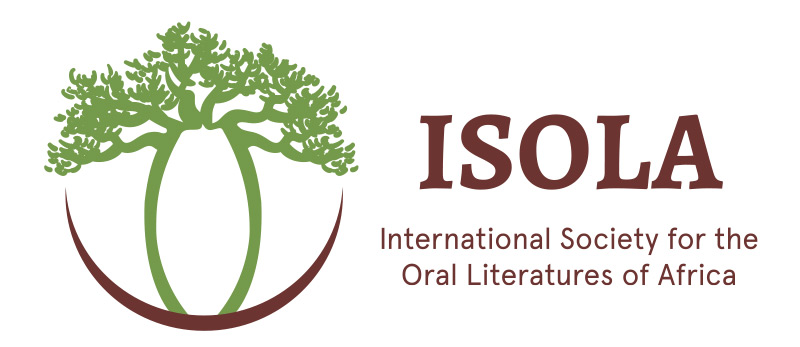
NEW Informations généralesVisa La lettre d'acception / d'invitation est celle qui doit être utilisée pour la demande de visa, sauf quand une lettre spécifique est requise par l'ambassade.
Pour plus d'information, voir Nigeria Immigration Service (NIS) https://portal.immigration.gov.ng/
Conseils de sécurité Les conseils de sécurité suivants peuvent vous être utiles pendant votre séjour :
ii. Si vous avez des devises à changer, vous trouverez des bureaux de change à la sortie des contrôles de sécurité à l'arrivée. Ne vous adressez pas à une personne qui vous dit qu'elle est "money changer". iii. Ne laissez pas vos objets de valeur dans votre chambre d'hôtel. Si vous ne pouvez pas les transporter, déposez-les à la réception. La plupart des réceptions disposent d'un espace de stockage pour les objets de valeur des clients. iv. Que ce soit sur le lieu de la conférence ou ailleurs, ne laissez pas vos ordinateurs, téléphones ou autres appareils sur la table sans surveillance. S'il n'y a pas de personne de confiance pour s'occuper de vos affaires, déplacez-vous avec elles. v. Si vous vous promenez dans la rue, faites attention aux personnes qui s'adressent à vous pour vous demander leur chemin ou autre chose.
Climat Trois saisons prévalent à Abuja, au Nigeria. La saison sèche et relativement chaude s'étend d'octobre à mars. Entre avril et octobre, il y a une saison des pluies chaude et humide. De novembre à février, c'est la saison de l'harmattan, venteuse, poussiéreuse et froide. La végétation est principalement constituée de savane, tandis que certaines zones sont boisées. Ces différents facteurs climatiques favorisent les activités agricoles qui produisent de l'igname, du maïs, du millet, du sorgho et des haricots. Le relief est généralement plat, mais certaines zones sont très montagneuses. Le Zuma Rock est un monolithe naturel d'une altitude de 2 379 pieds et d'une circonférence de 3,1 kilomètres à Madalla, c'est la porte d'entrée d'Abuja depuis Suleja, dans l'État du Niger. Aso Rock se trouve à environ 1 300 pieds au-dessus du niveau de la mer et culmine à 3 071 pieds. Le siège du gouvernement est situé à proximité de ce dernier.
About the the Host City the Federal Capital City (FCT) of Nigeria, Abuja Abuja is a purpose-built city consciously located in the middle of the country, its original inhabitants comprising Gbagyi, Gwandara, Gade, Bassa, Dibo, Egburra, Nupe and Koro were substantially resettled at new locations, some as distant as the surrounding Niger State. The Abuja Master Plan was designed by International Planning Associates, a consortium of three American firms which was commissioned in June 1977. It submitted its final report in February 1979. It was incorporated on 1st October 1984 and officially pronounced as the administrative and political capital city of Nigeria on 12th December 1991. The entire area is 1,476 km2 while its urban area is 927 km2. The estimated population by 2022 was 1,693, 400 and this is marked by a massive influx into the capital which is turning the adjoining towns into mega slums. Phase 1 of the city comprises ten districts designated as Cadastral Zones 1-10. The Phase 2 is composed of sixteen zones while Phase 3 has eleven cadastral zones. There are the satellite towns of Bwari, Kubwa, Karshi, Kusaki Yanga, Kuje, Dobi, Anagada. There are local government areas of Abuja Municipal Area Council (AMAC), Bwari, Kuje, Gwagwalada, Kwali and Abaji.
|

